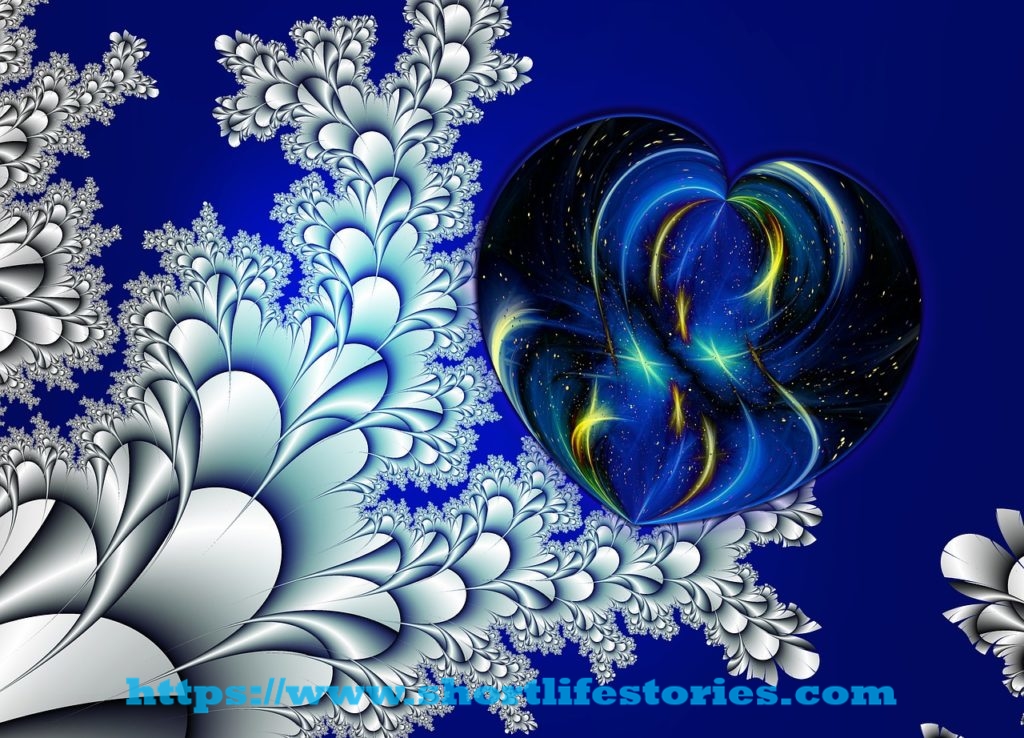There I was, fresh off a break up when a friend gave me one of the strangest pieces of advice I’ve ever received. She told me to intentionally stay single for a year. One whole year? Naively, I sat in front of her thinking ‘thanks, but I really don’t need that long’. Oh, how I was in for a surprise.
I wasn’t making relationship choices because it was what I wanted. I was just following the path of least resistance.
What I came to realise, was that a combination of self-doubt and passivity caused me to struggle with making decisions for myself. I was handing my fate to someone else because I wasn’t sure what I wanted, and didn’t believe I was worth it anyway.
If I was determined to overcome anything in the year it was learning to leave those traits behind — and here are the lessons that helped me get there.
Lesson 1: Who Am I?
In the early stages of dating, we introduce our personality, our values, and assess whether the other person might complement our life. But how can we possibly do that if we don’t first know who we are and what qualities would be a good match for us?
Make a list of all the words or phrases that you associate with yourself. Are you tenacious? A loyal friend? Great at making people feel at ease? Let anything apply: your leading attributes, your differences, the experiences you find rewarding. Include your weaknesses too. It’s beneficial to be aware of how others can support you.
If you’re struggling — ask a friend. Those around us have a funny way of seeing our value (and the things we shy away from) with more clarity than we can ourselves
When you have confidence in who you are, what you stand for and what you’re determined to achieve in this lifetime, you simply aren’t prepared to waste your time if it doesn’t help you grow or make you feel good.
Rebuilding this picture fundamentally changed the way I thought about both myself, and any future partner’s role in my life. I realised that if anyone was to join the ride they’d need to appreciate my interests, share the same principles and inspire me to flourish.
Equally, I knew the virtues I didn’t have such an affinity for, and how others could nurture areas like ‘practicality’ that simply weren’t my strengths.
Lesson 2: What Do I Want?
If you need a quick way to identify what’s most important to you, ask yourself the following:
What do I need to achieve in my lifetime to lie on my deathbed feeling zero regrets?
What are the results you want from life?
Once I’d identified all of my aspirations, a surprising shift happened. For the first time, I found myself thinking.
I’ve so much still to achieve, I don’t know if I even have time for a relationship
Now, this was a particularly interesting point for me, because for the first time I felt completely content with my life as it was. I had wonderful friends around me with whom I held some of the richest experiences, and I knew, that a combination of those relationships and fulfilling my purpose would be a life plenty of people could only dream of.
When you know you have a precious journey to pursue, you start to seriously re-evaluate who should be allowed to share it.
I decided — if I’m going to divert any of my attention from this adventure, they better be incredibly worth it.
Lesson 3: Recognising Vulnerabilities
When we’re young, we learn the foundations of what a relationship should look like from our environment.
Looking at the environment of my childhood and comparing it to the kinds of relationships I was getting told to build in my present made me focus on the experiences I’d lost.
I could see that in the kind of love I was being offered, there was a blatant misrepresentation of what my childhood had been like.
Not only that, but it was a relationship that put importance on facilitating my developing into a specific kind of girl.
The way I was being supported allowed me to forget about growing up, and more importantly, into the person I am today.
The secret to not letting others ruin your life is to be mindful of who you’re sharing it with.
Sometimes we make the mistake of looking for someone who says, “I love you” or “I care about you” and then decide based on that — without first evaluating the relationship — that the relationship is going to be great.
Sometimes we don’t even realize how much anxiety we’re trying to avoid, and just want to stick all in and find someone to build us something great.
The good news is: this is a crapshoot. All of these relationships are likely to end in a blaze of color regardless
